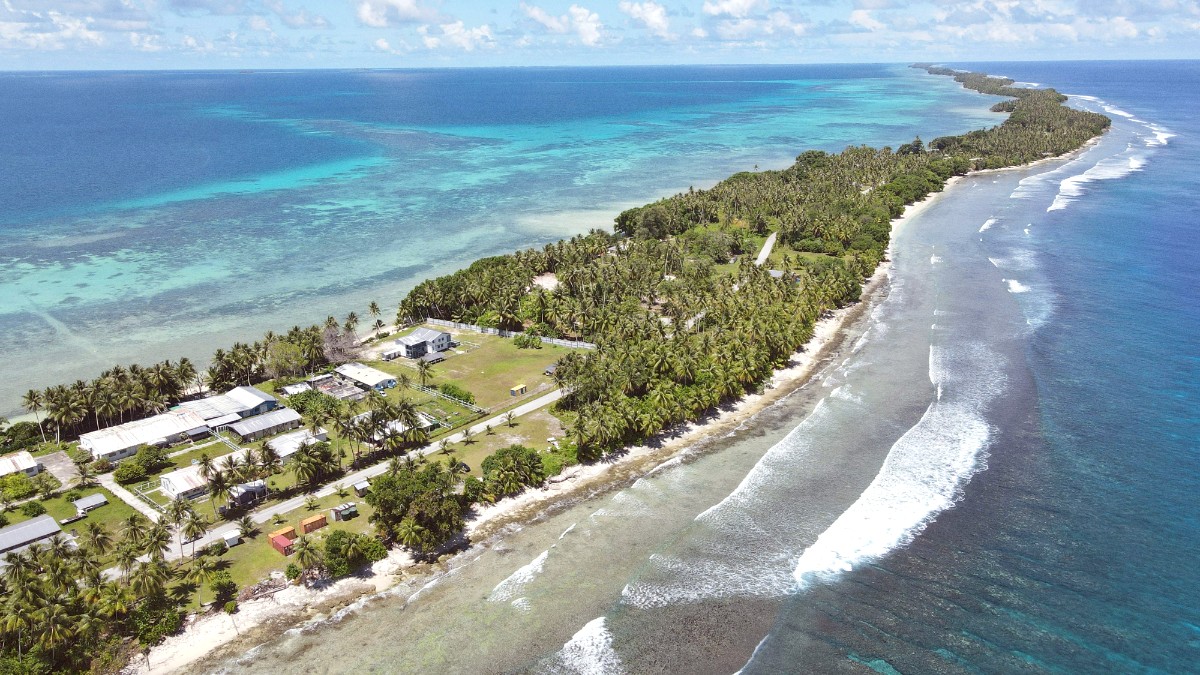
These activities present a deep connection with the marine environment.
Tuvalu, a flat coral atoll nation, offers no traditional hiking or trekking routes. The highest point stands only a few meters above sea level.
You can walk along the main road spanning the length of Fongafale islet. This presents an easy, flat stroll.
These walks are easy and flat.
Adventure sports options appear limited in Tuvalu due to its small scale and remote location.
Cultural immersion in Tuvalu unfolds organically, through daily interactions and community life, rather than structured programs.
This national holiday celebrates independence with cultural performances, traditional sports, and community gatherings.
Occasionally, local games and competitions take place, demonstrating traditional skills and sportsmanship. These are not regularly scheduled tourist events but can be observed if they align with your visit.
If your visit aligns with a special occasion, you might be invited to experience a traditional Kai.
Guesthouses, often family-run, present direct immersion into local family life and culture. This directly sustains local families and their communities.
Formal language learning options appear limited. Tuvaluans appreciate visitors making an effort to speak their language.
If your visit aligns with a community event—like a wedding, a church anniversary, or a national day celebration—you might receive an invitation to witness traditional dancing (Fateele) and participate in feasting. Check with your guesthouse or the Tuvalu National Tourism Office upon arrival for any scheduled local events.
Tuvalu unveils a tranquil environment for relaxation, though it lacks conventional spa or wellness facilities. The island's pace itself fosters a sense of calm.
No beach clubs or public swimming pools exist. The Vaiaku Lagi Hotel contains a small swimming pool available for its guests.
Most activity ceases after dark. Evening strolls, quiet conversations, or enjoying the peaceful atmosphere under the stars are typical evening activities.
The overall slow pace of life on Tuvalu promotes natural relaxation and a sense of tranquility.
Live music venues are very limited. The Vaiaku Lagi Hotel restaurant/bar occasionally hosts live music, often featuring local musicians playing traditional or contemporary tunes. This is the main spot for any evening entertainment.
No formal theater or performance spaces operate in Tuvalu. Community halls (Falekaupule) serve as venues for local performances and cultural events.
No nightclubs exist in Tuvalu. Social gatherings and dancing are typically part of private or community events, like weddings, church anniversaries, or national celebrations.
The retail landscape consists of small, local shops selling basic necessities.
No dedicated artisan workshops for tourists to visit. However, local women often create beautiful handicrafts, like woven mats (Fala), fans (Ili), and shell necklaces, at home.
Woven mats (Fala), fans (Ili), shell necklaces, and small carved wooden items make for authentic and locally made souvenirs.
Tuvalu is well-known internationally for its collectible postage stamps. The Philatelic Bureau in Vaiaku sells a variety of stamps, often featuring local wildlife, culture, or historical events. These make an unique and lightweight souvenir.
Luxury and boutique shopping options are not available in Tuvalu. The retail landscape consists of small, local shops selling basic necessities.
Tuvalu's nightlife mirrors a quiet, community-focused lifestyle, emphasizing peaceful evenings rather than bustling entertainment.